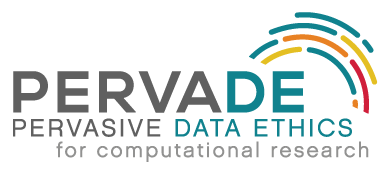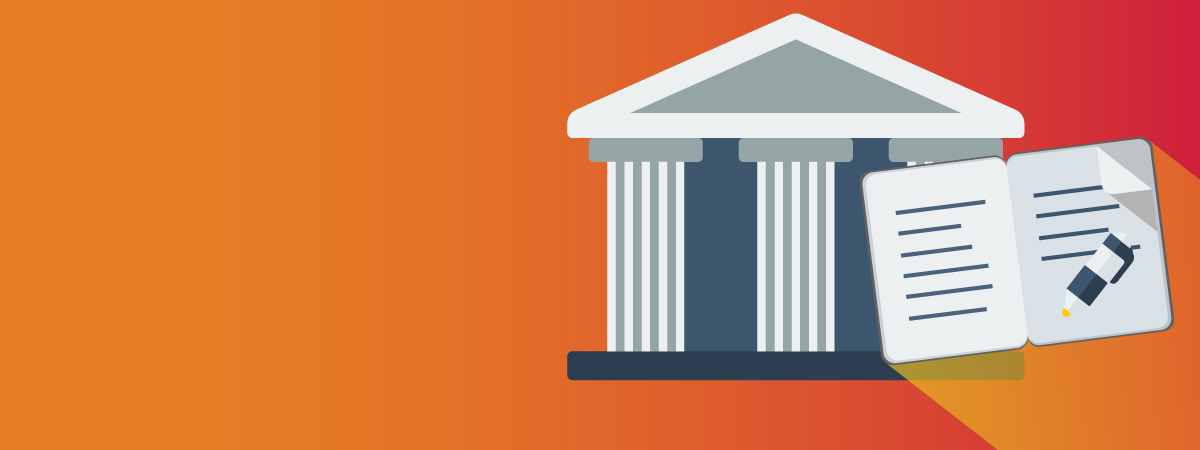The Data Ethics Tool is now live! Check it out here! What is the data ethics tool? The PERVADE Data Ethics Decision Support Tool was created by the PERVADE research team as a product of a long-term project focused on empirical questions in data ethics. A major finding of the project is that, when it […]
Technical Investigations
The risks and realities of widely-accessible data streams
User Communities
How data subjects are reacting to their research participation
Computing Research Communities
Changing research norms and practices
Data Ethics Regulators
Impacting ethical outcomes within this space



